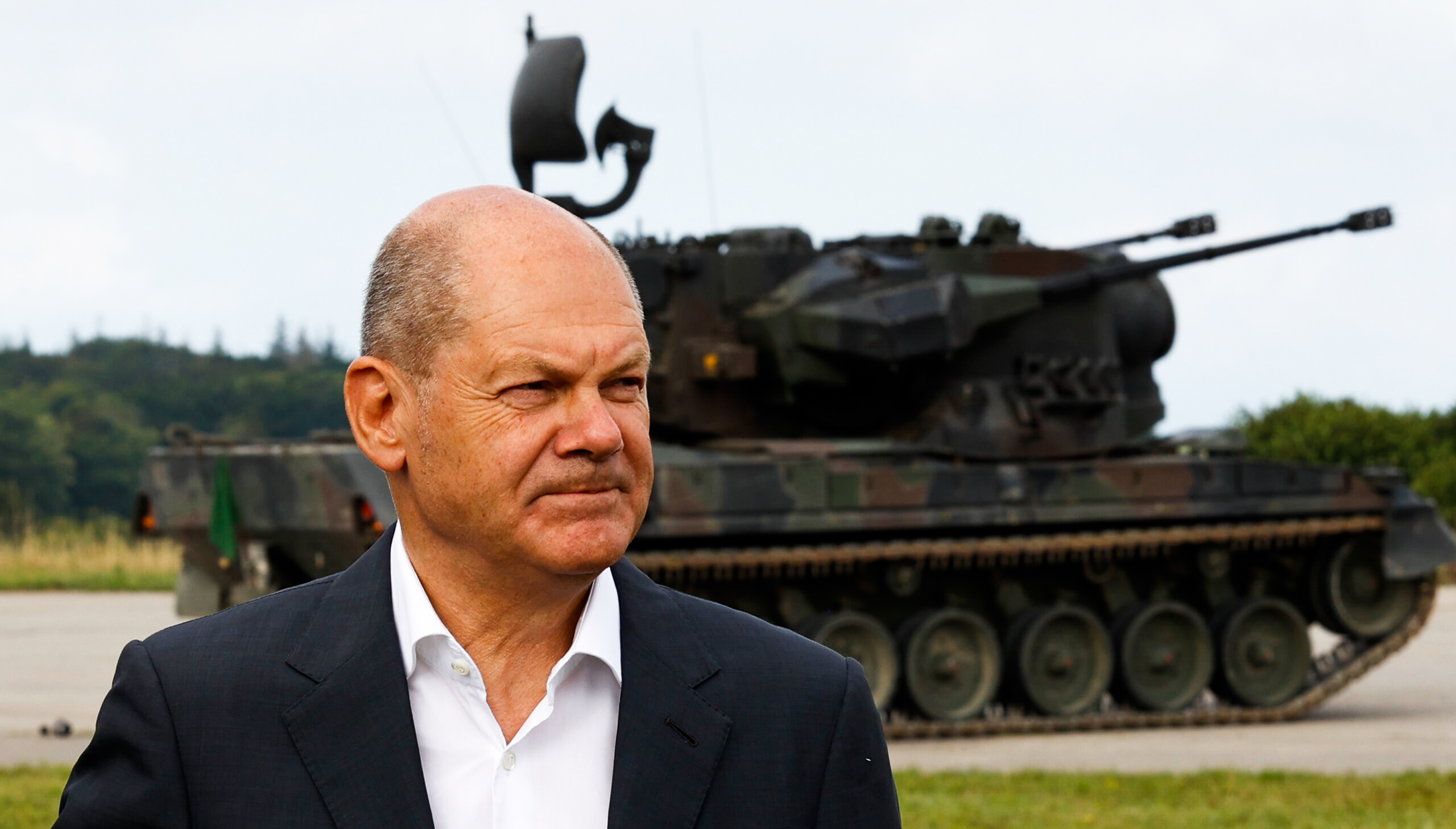When Russia invaded Ukraine, the immediate reaction of almost every Western country was to pledge a new focus on defence, including significant increases in military spending and a reduced dependency on potentially hostile nations. Poland, for example, has decided to move forward with nuclear power and push its defence spending from 2.4% of GDP (already the third highest among NATO states) to 4%, making it the most formidable military power on the old continent. Even smaller and traditionally non-aligned states like Sweden and Finland altered course, applying for NATO membership and closer ties to the US and its allies.
Most vocal about a new era, however, was Germany. Turning away from Ostpolitik, which aimed at rapprochement with Vladimir Putin’s Russia, Chancellor Olaf Scholz announced the so-called Zeitenwende (historic shift) on February 27, only three days after Moscow’s invasion. It promised an immediate €100bn injection into Germany’s armed forces and the intention to rebuild the Bundeswehr into Europe’s most powerful military.
Over a year after Scholz’s speech, the Zeitenwende plan has involved more talk than action. According to an annual report cited in the Financial Times, at current pace the hyped military upgrade would take “half a century”. When asked how much of the “immediate” €100bn has been invested into the armed forces, Eva Högl, the parliamentary commissioner for the Bundeswehr, had to admit with some reluctance: “not a cent.”
A closer inspection of the numbers shows that the current budget would once again fail to meet the NATO obligation of 2% of GDP dedicated to defence, having barely met 1.44% in 2022. It has not always been like this. As the former Pentagon official Elbridge Colby has pointed out, a geographically smaller and economically weaker Germany managed to arm and maintain the largest European armed forces during the Cold War.
The problem isn’t technical or economic: it’s political. Despite their vocal support for Ukraine, neither the SPD nor the Greens are willing to spend the necessary money to fulfil their promises. Given that the government is prepared to spend nearly a trillion euros over the next 25 years on climate change, there is little room left for upgrading the armed forces. Besides, the move would likely not be especially popular anyway: according to polling from earlier this month, barely 20% of Germans would be willing to fight for their country, compared with 47% in Poland or 74% in Finland. Berlin knows that talking about providing money for the Bundeswehr is more popular than actually carrying through with the funding.
Support for Ukraine and the German military is more a form of contemporary virtue signalling than a serious change in attitude. It is not just the lack of military spending that stands out: similarly, there are no serious plans to become truly energy-independent. The German government still intends to double its gas power plants (which will be hard to supply solely by LNG, making a return to Russian gas likely), phase out nuclear power, and increase dependency on Russia’s most important partner, China.
The Zeitenwende is akin to these empty pledges on energy independence, or for that matter my passion for going to the opera. I like to talk about it, but it never really happens.











Join the discussion
Join like minded readers that support our journalism by becoming a paid subscriber
To join the discussion in the comments, become a paid subscriber.
Join like minded readers that support our journalism, read unlimited articles and enjoy other subscriber-only benefits.
Subscribe